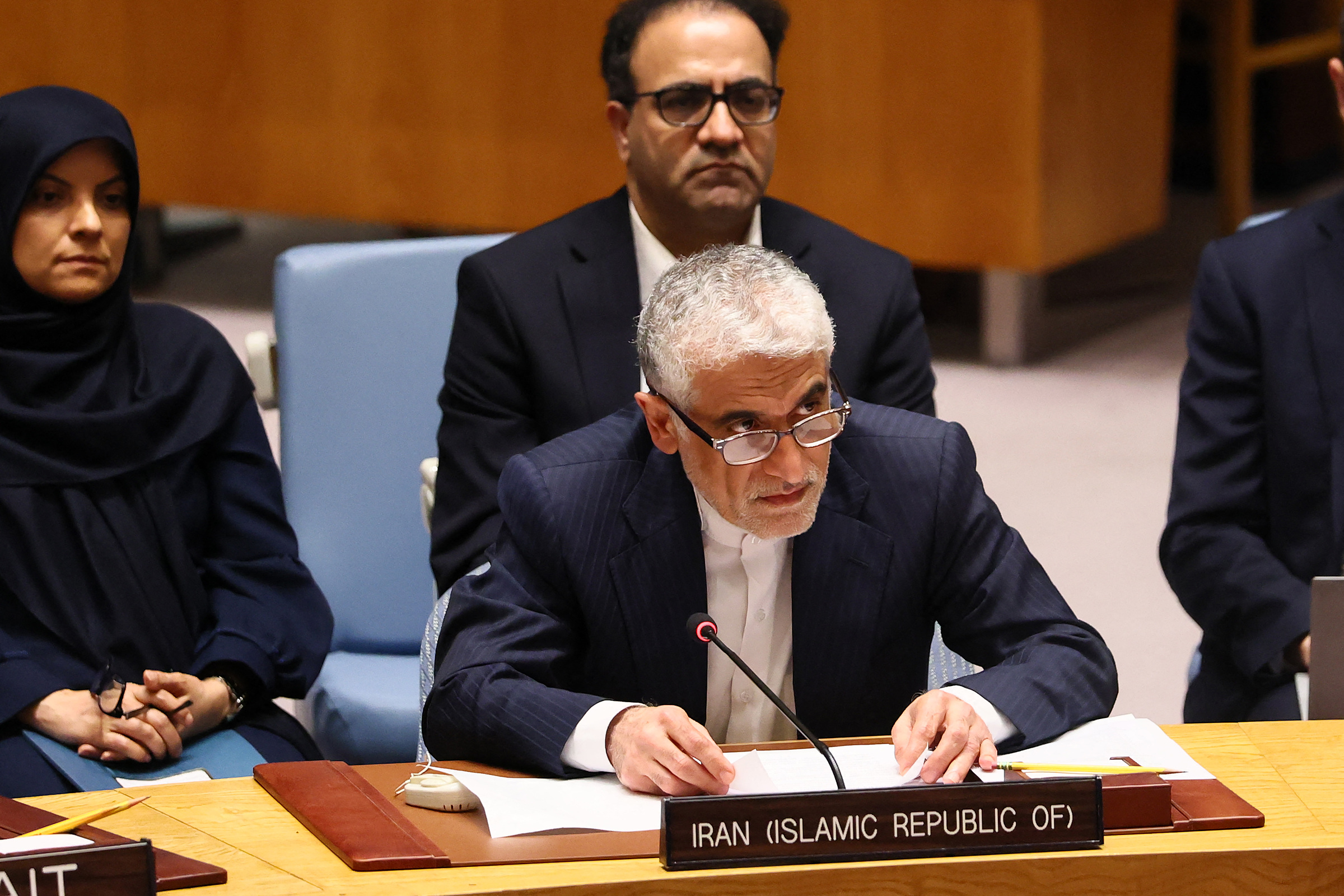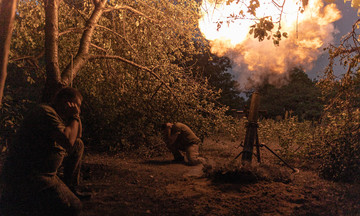In a June 29 interview with CBS News, Iran's ambassador to the United Nations, Amir Saeid Iravani, was asked whether Tehran intends to "restore its uranium enrichment program."
He responded by citing the Non-Proliferation Treaty (NPT), which states that nations have the right to use nuclear technology for peaceful purposes, including uranium enrichment, as long as it remains within specified limits.
"It is Iran's right, and it is an inalienable right. We will exercise this right," he stated.
When the interviewer suggested that his response implied Iran planned to restart uranium enrichment, Ambassador Iravani clarified that this activity "will never stop."
Iravani also addressed the Iranian newspaper Kayhan's accusation that International Atomic Energy Agency (IAEA) Director General Rafael Grossi is an "Israeli spy" and called for action against him. "There are no threats against the director general or IAEA personnel. The inspectors working in Iran are safe," he said.
 |
Ambassador Iravani at a UN Security Council meeting in New York on 22/6. Photo: *AFP* |
The US and Israel believe Iran seeks to develop nuclear weapons, while Tehran insists its nuclear program is solely for peaceful purposes.
The IAEA estimates Tehran possessed approximately 5 tons of low-enriched uranium and 400 kg of 60%-enriched uranium prior to the conflict with Tel Aviv. Theoretically, if enriched to 90%, this would be enough uranium for 10 nuclear bombs.
US and Israeli officials have repeatedly asserted that the 12-day conflict severely hampered Iran's nuclear program. Former US President Donald Trump claimed that the June 22 Operation Hammer “obliterated” Iranian nuclear facilities, setting back their program by "decades" and making recovery difficult.
However, US media, citing preliminary intelligence reports, suggest that the operation only set Tehran back "a few months."
In an interview aired on June 29, Director General Grossi stated that some Iranian nuclear facilities survived the conflict and could resume operation, potentially producing enriched uranium within the next few months, or even sooner.
Iranian Deputy Parliament Speaker Hamid Reza Haji Babaei announced on June 28 that lawmakers voted to suspend cooperation with the IAEA, barring Grossi from visiting nuclear sites, particularly Fordow, and removing surveillance cameras from these locations.
Huyen Le (*CBS News, The Hill, Times of Israel*)












